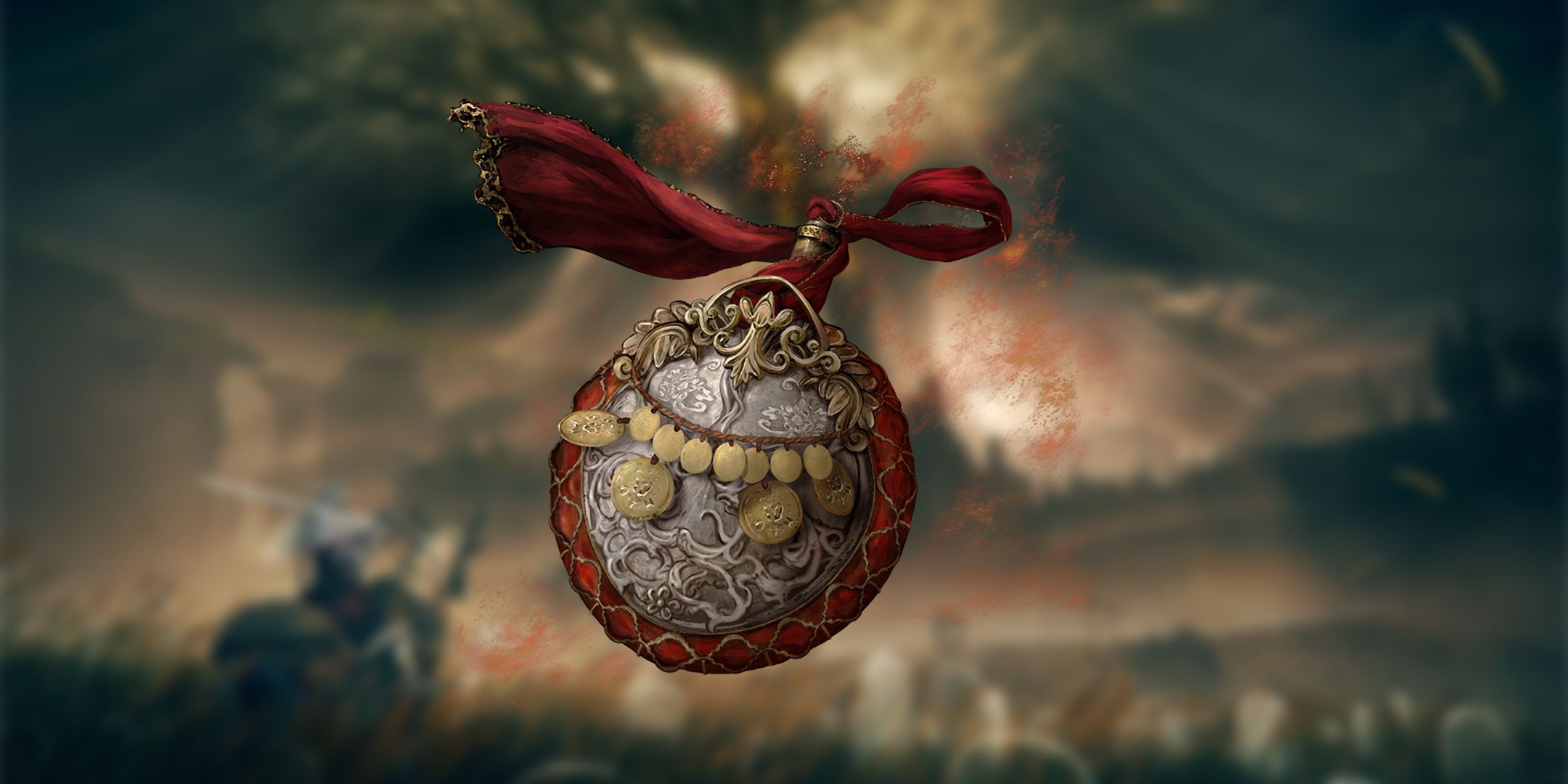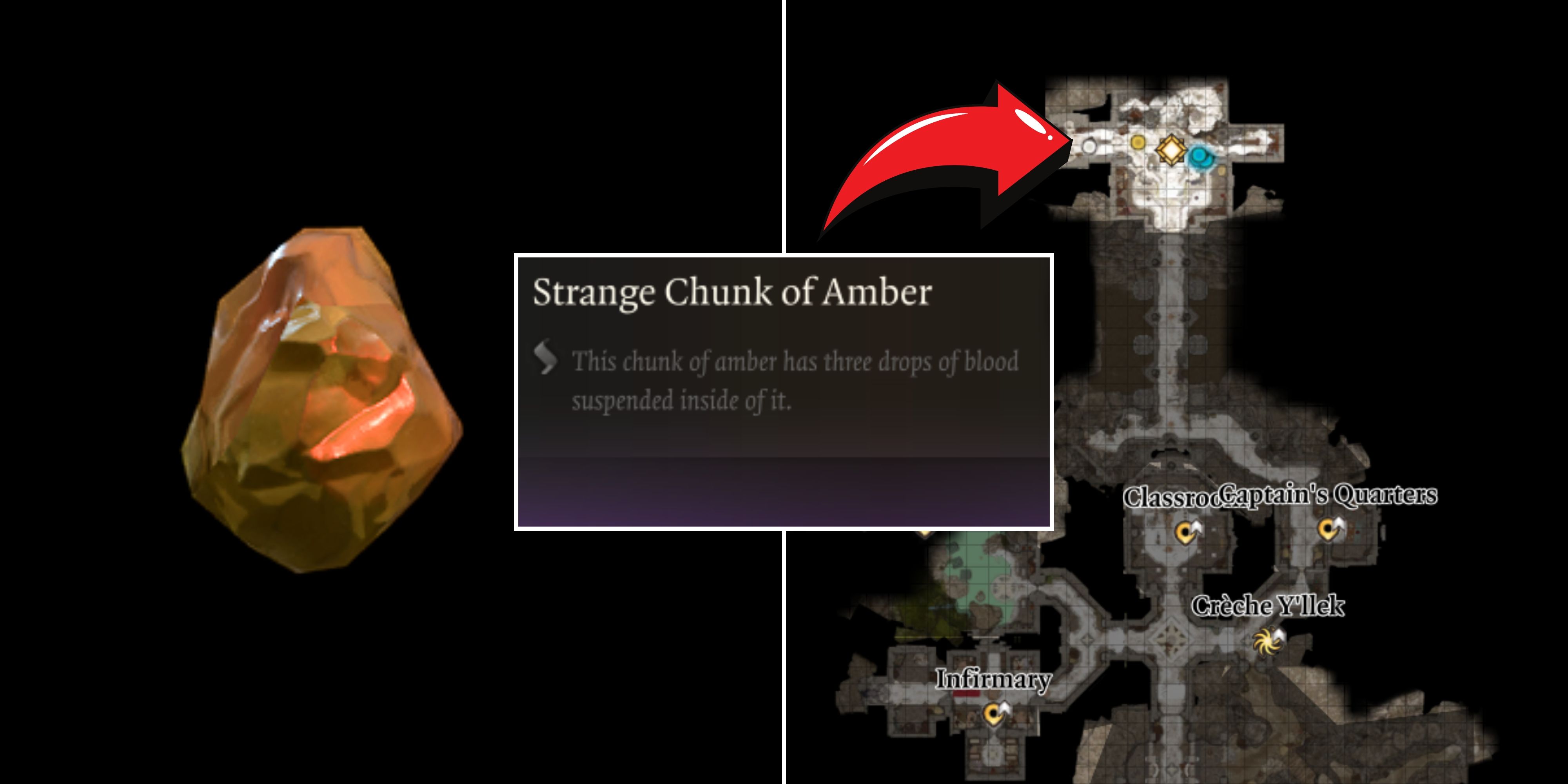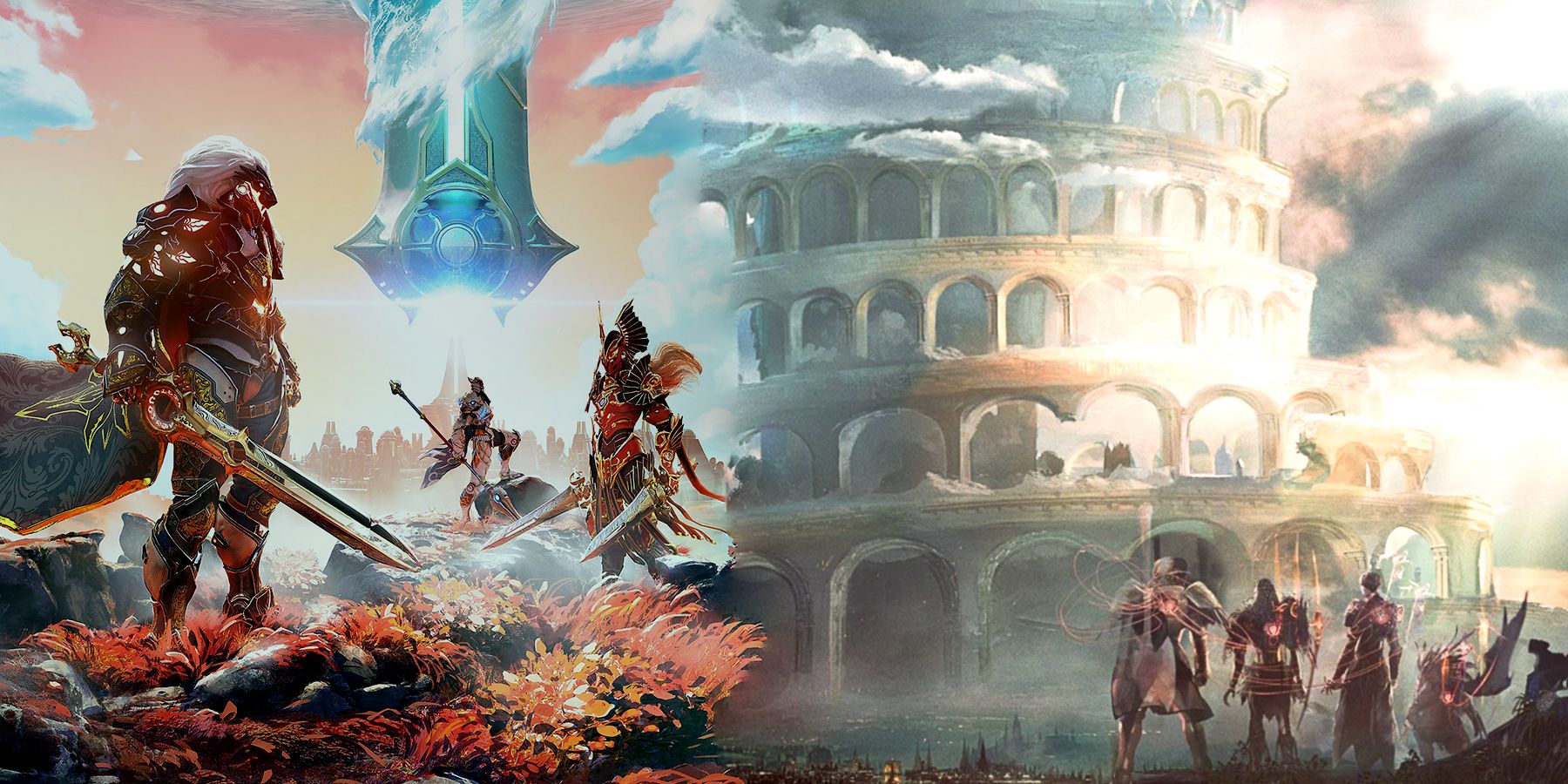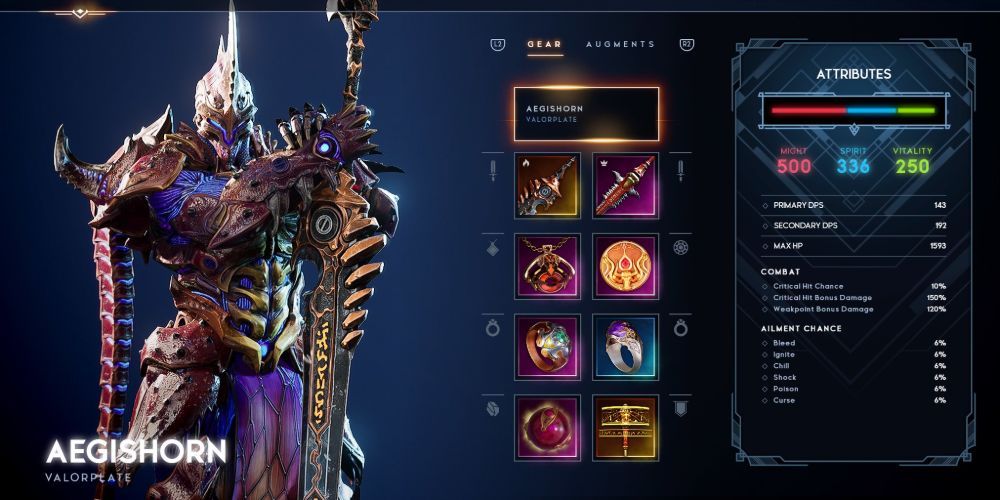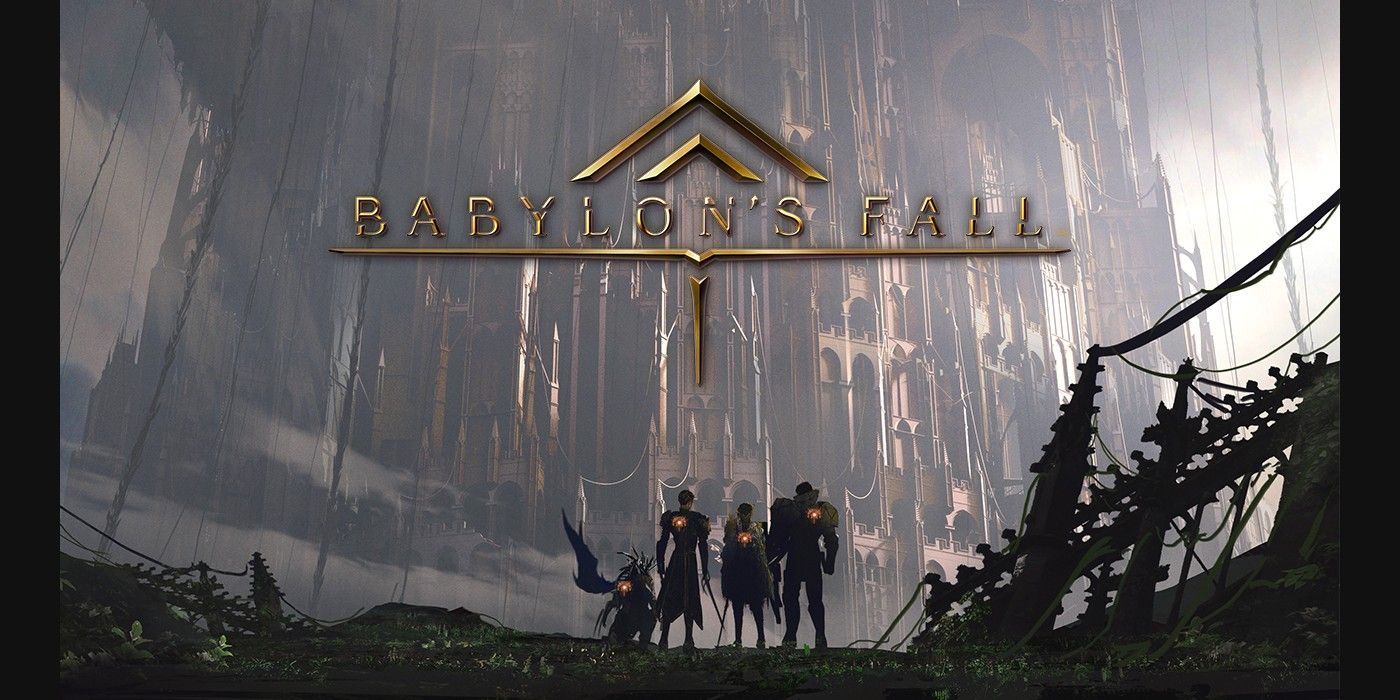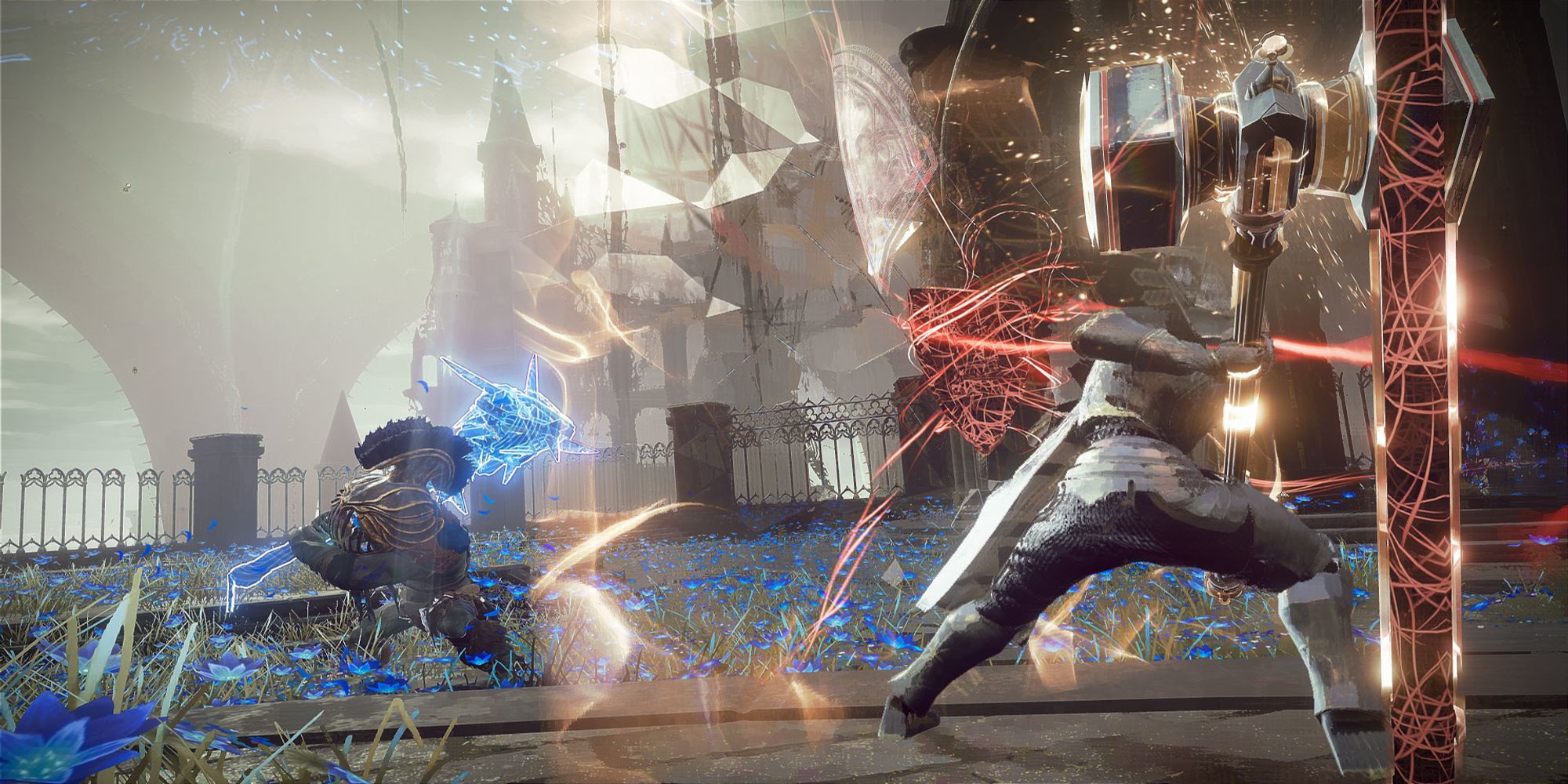PlatinumGames is known for its incredible action games with excellent combat, with examples from ranging from Bayonetta to Nier Automata. Plenty of fans have grown to love the studio's many different licensed and original titles, as well as lamented the cancellation of Scalebound and what could have been. PlatinumGames recently collaborated with Square Enix once more, though instead of working on a new Nier title, the two came together to create a new IP called Babylon's Fall. Designed as a co-op, live-service action game based on PlatinumGames excellent melee combat, the end result was nothing close to the game's potential at launch this March.
Marketing began to slow down a bit for Babylon's Fall prior to previews in late 2021, and impressions were not kind for the burgeoning live-service action game. Critics lamented the gameplay, narrative, and environmental design of Babylon's Fall, all issues similar to another co-op action game that saw a similar reception at launch: Godfall. Both Babylon's Fall and Godfall, other than sharing the same last syllable, saw a similarly poor reception at launch. Critics and players cited similar concerns with lackluster gameplay and loot depth, the level design being monotonous and repetitive, and a lack of identity that weighed down both Babylon's Fall and Godfall upon release.
Uninteresting Loot Progression and Gameplay Loop
Both games technically fall under the so-called "looter slasher" subgenre, as defined by Godfall developer Counterplay Games. Character progression is dependent on finding all sorts of new weapons, armor, equipment, as well as any kind of skill or stat-based improvements as players advance. Some of the best live-service games were built off this framework, and while Godfall technically isn't a live service game, both it and Babylon's Fall failed in execution of worthwhile and rewarding loot-based progression. Especially in a title launching with plenty of microtransactions to boost XP gain, loot importance is evidently de-incentivised in Babylon's Fall at least at first.
Despite a solid gameplay foundation as expected from PlatinumGames, the lack of depth and variety with Babylon's Fall's loot makes it hard to justify the equipment grind for a majority of the game. Encounter design is based solely on higher health boss encounters sprinkled in between standard mobs with very little difference between them. Since most early game loot isn't worth keeping, and any loot acquired cannot be exchanged or equipped mid-quest for some reason, there's no degree of on-the-fly customization that allows players to experiment with their favorite weapon types or equipment.
Even Godfall allows the swapping of Valorplates and weapons mid-game, but players still had similar gripes with Godfall's loot variety. The gameplay balance between both games wasn't meaningful enough to justify the loot progression, and left players feeling the repetition quickly.
A Lackluster High-Fantasy World
That repetition was further emphasized by the environmental design in-game, with plenty of drab and endless halls in each quest for players to venture through. Neither game arguably has a poor art direction (though that's arguable), however, it's the scenarios and layout of the dungeon design that are lacking any variety. Multiple rooms of mobs lead to a boss of that sector that rarely introduces any kind of new mechanic, or require some kind of new gameplay strategy that isn't pummeling an enemy's long health bar. The variation in layout in Babylon Tower, as well as Aperion, rarely changes.
Only the aesthetic design and specific arenas are varied throughout, and that's not necessarily a bad thing. Whether it's cramped medieval corridors in Babylon's Fall, or otherworldly and fantastic platforms in Godfall, a change in location in either game had differing window-dressing for each level's aesthetic, but was virtually no different from a previous level. This led to a criticism many reviewers and fans share: Journeying through quests and activities in-game are not interesting enough to keep players interested. The lack of variety in environment design makes every new area all too familiar, which is only going to compound with the issues with loot progression.
Unimaginative Usage of Identity
Overall, the biggest shared issue between Godfall and Babylon's Fall is each game's sense of identity. Both titles aren't able to leverage the potentially excellent fantasy settings with the gameplay and story that the game is developed around. Babylon Tower and the Aperion are both conceptually interesting worlds to set high-fantasy games in. However, functionally, the story doesn't match the depth of the world. Rarely does narrative take importance over the game's repetitive gameplay design, meaning the gameplay experience remains mediocre without an intriguing story or other aspects of the game's world helping to carry the games above their baggage.
Both games are distinctly generic in their own specific ways, but Babylon's Fall and Godfall deal with the same overall issues that plague the gameplay experience of both. A satisfying loot progression is hard to develop in any game, but when it's so egregiously mediocre, collecting loot becomes far less interesting. That criticism can be remedied by an interesting world, but neither Godfall nor Babylon's Fall provides interesting level design either. Even beyond that, the lore, world-building, and narrative in both games leaves a lot to be desired. While Counterplay Games has a lot more to prove, hopefully this is just a misstep for PlatinumGames.
Babylon's Fall is available now on PC, PS4, and PS5.

